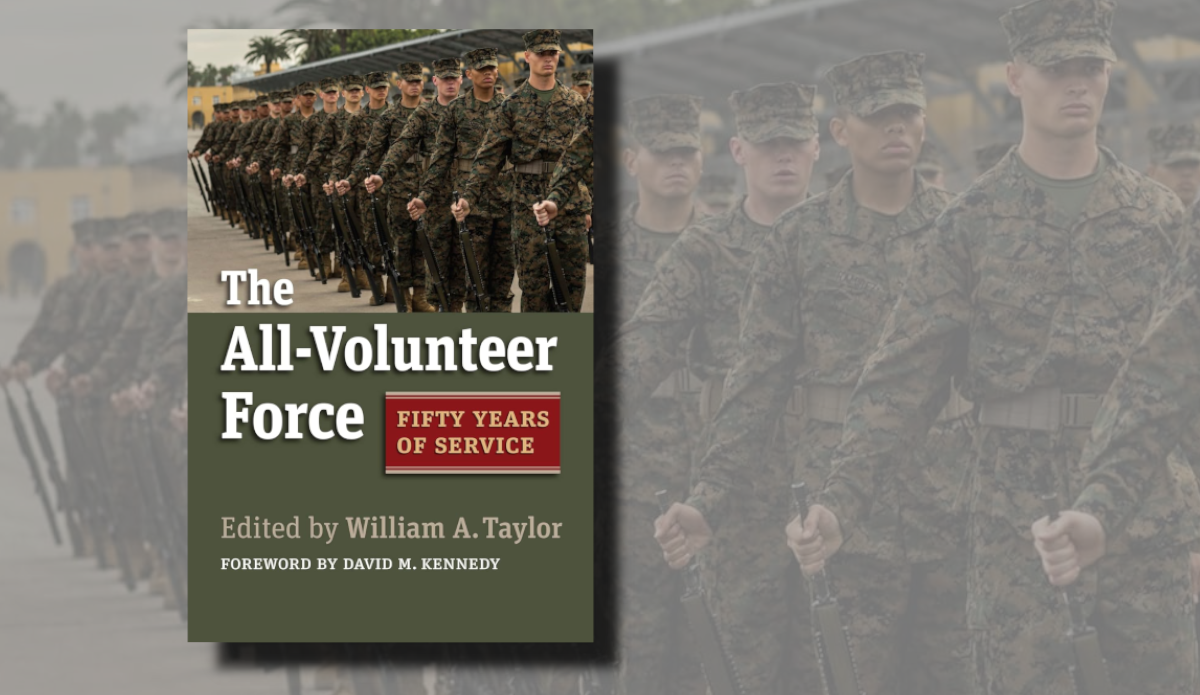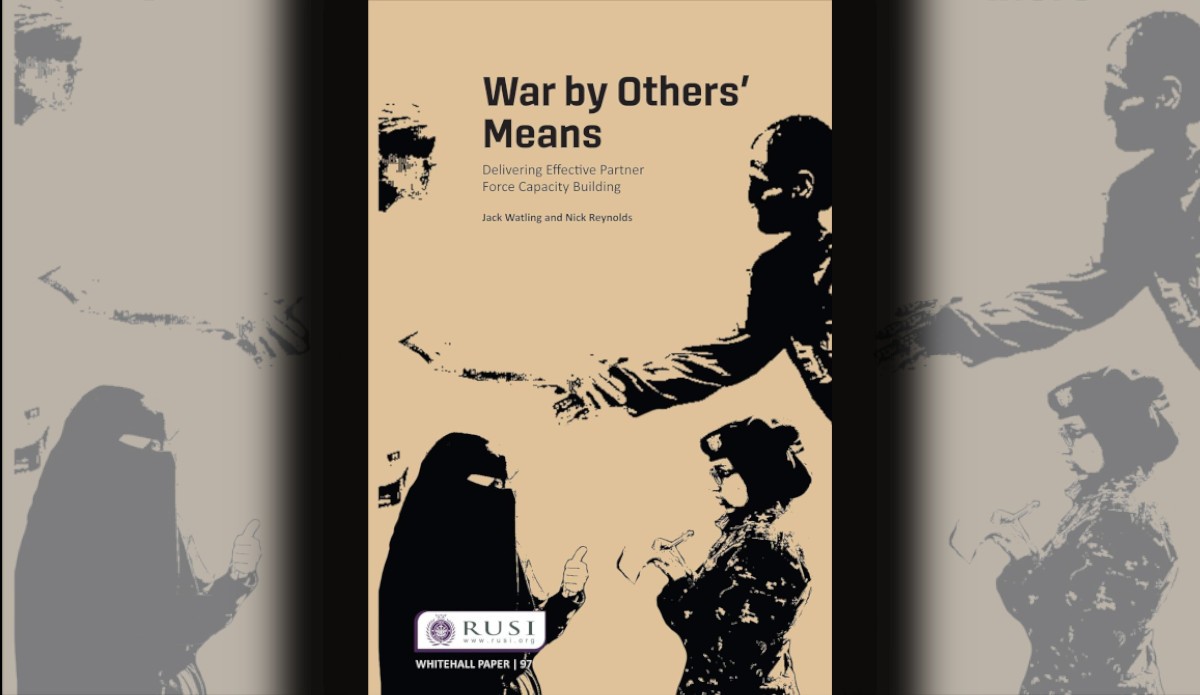From Deakin to Dibb: The Army and the Making of Australian Strategy in the 20th Century
This paper examines the place of the Army in the making of Australian strategy in the 20th century. It argues that, over the past one hundred years, Australian peacetime strategic planning has been characterised by a schism between the requirements of local territorial defence and the needs of security defined on the basis of upholding vital international and overseas interests. The major consequence of this schism in Australian defence philosophy was that, for long periods during the past century, the Australian Army was of minimal strategic value to the nation.
Between 1901 and 2001, the inclination of a majority of Australian strategists was to develop defence policy to protect national territory rather than national interests. Accordingly, naval forces, and later naval and air forces, were elevated to primacy, with land forces relegated to a passive role in continental defence. This strategic approach was particularly marked during the era of Empire from 1901 to 1939 and, again, during the era of Defence of Australia from 1972 to 1997. Yet the Army was consistently required to defend Australian interests in offshore operations in conjunction with allies throughout the century. Australian land forces served overseas in both the World Wars, and during the security crises of the first half of the Cold War from 1950 to 1972, as well as more recently in the early post–Cold War period from 1991 to 2000.
The study contends that Australia's 20th-century defence planning represents a striking paradox between peacetime strategic theory and actual operational practice in times of war and crisis. The practical result of this paradox was that the land force often suffered from a critical lack of resources and readiness. The paper then examines the debate that developed in defence circles between 1997 and 2000 over the growing strategic irrelevance of the Army caused by years devoted to continental defence without adequate resources. The impact of events such as the outbreak of the 1999 East Timor crisis and the publication of the 2000 Defence White Paper on the role of land forces in strategy are analysed. The essay concludes by suggesting that, in the security conditions prevalent in the new century, Australia requires a more balanced and realistic approach to strategy than in the past. Upholding Australia's vital interests now requires a well-equipped, medium-weight Army that is capable of conducting comprehensive operations in a joint maritime strategy. Without versatile land forces, the Australian Defence Force (ADF) is unlikely to be able to meet the full range of the country's 21st-century security requirements.
| Attachment | Size |
|---|---|
| wp113-from_deakin_to_dibb_michael_evans_0.pdf (110.54 KB) | 110.54 KB |
Publication Date



